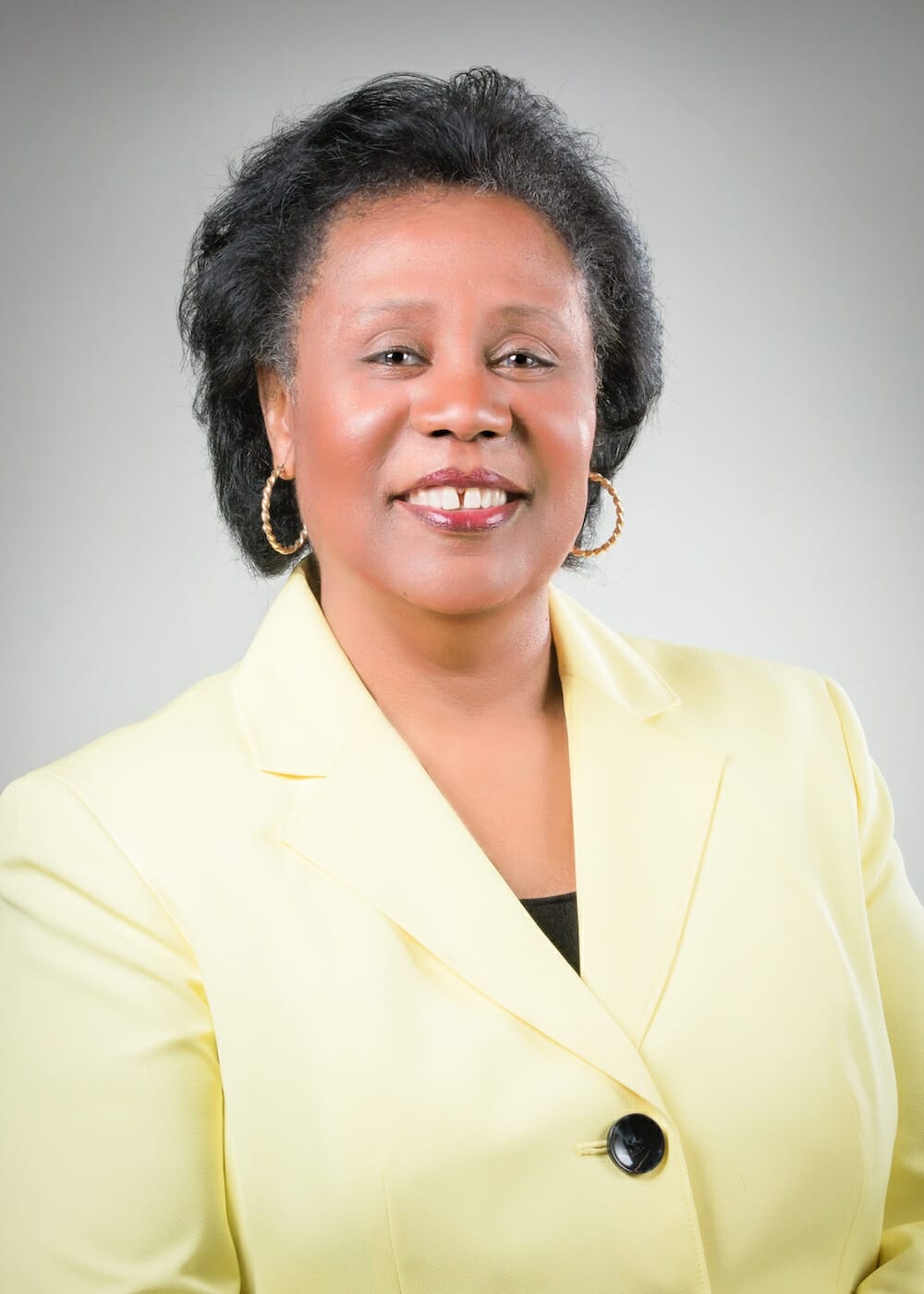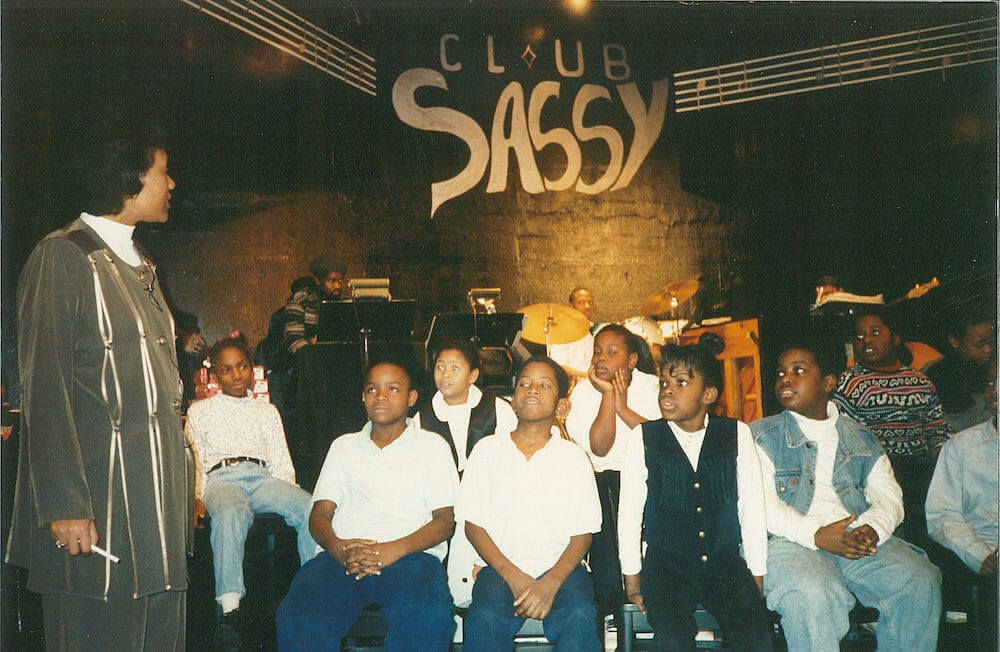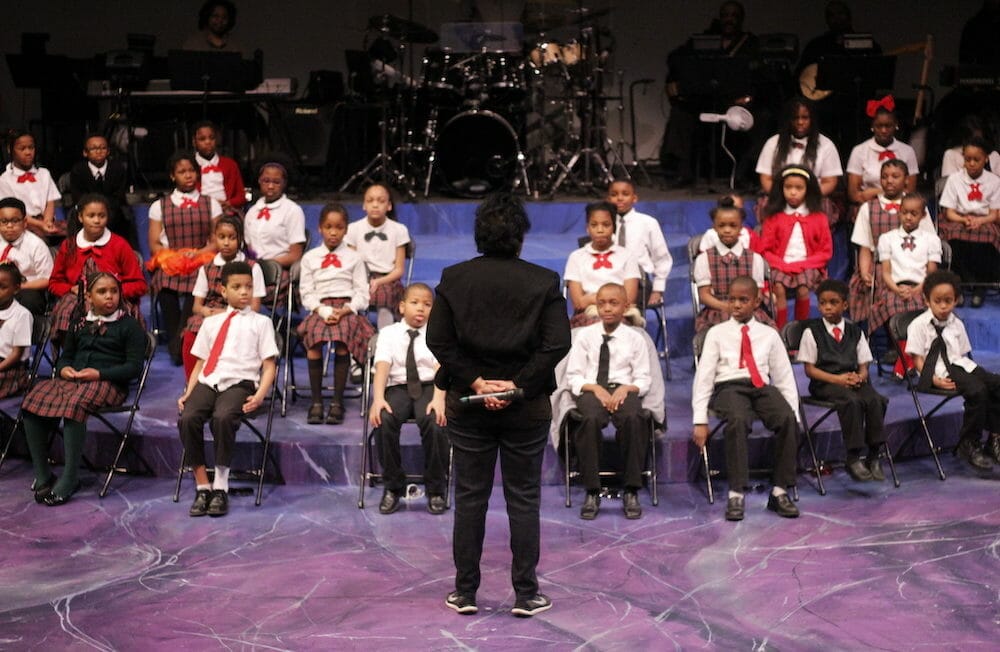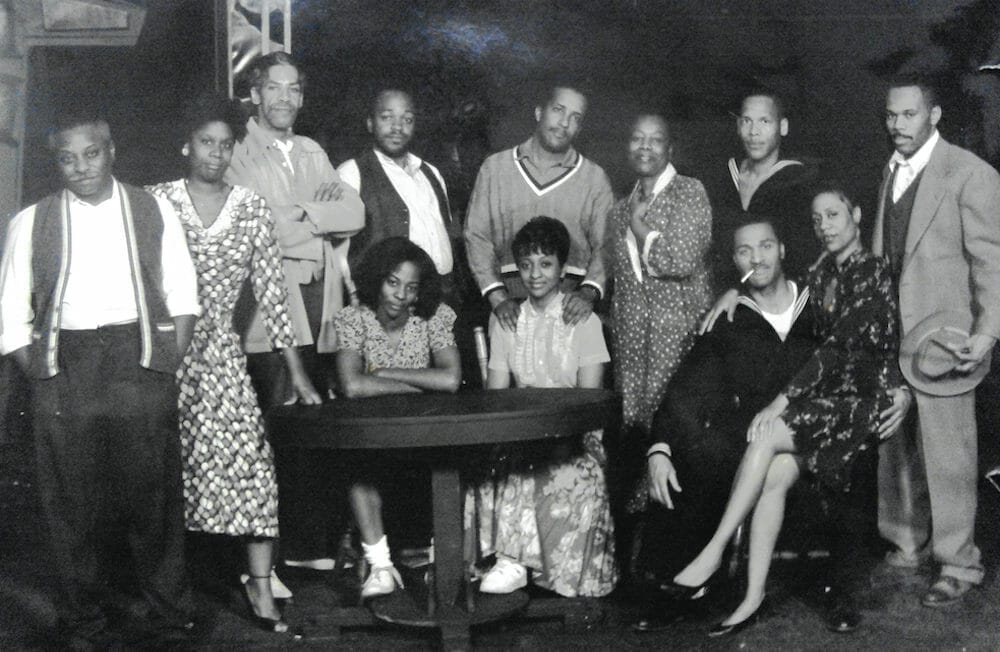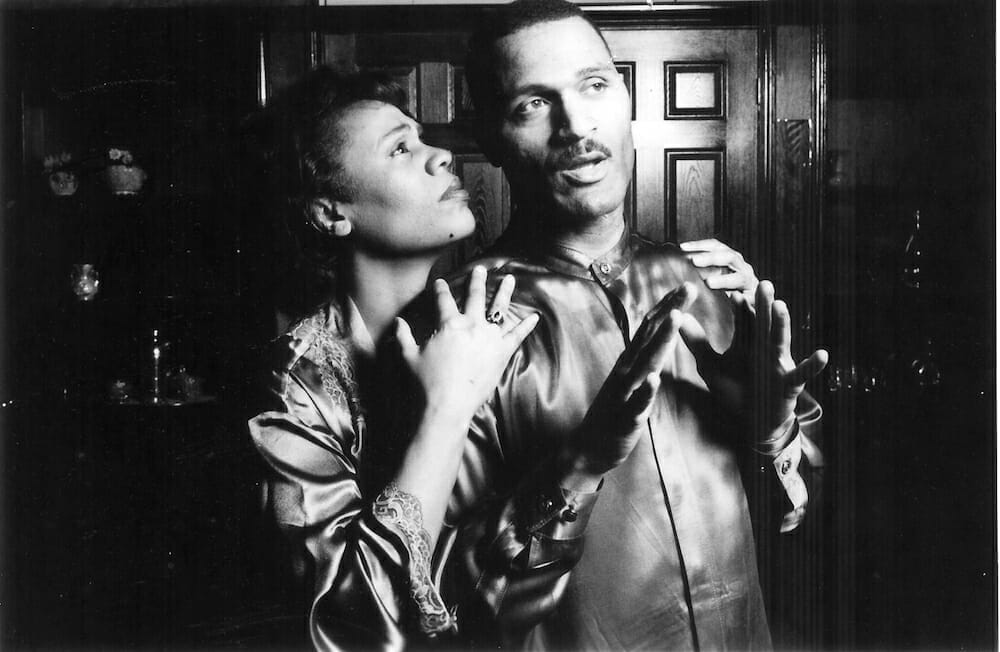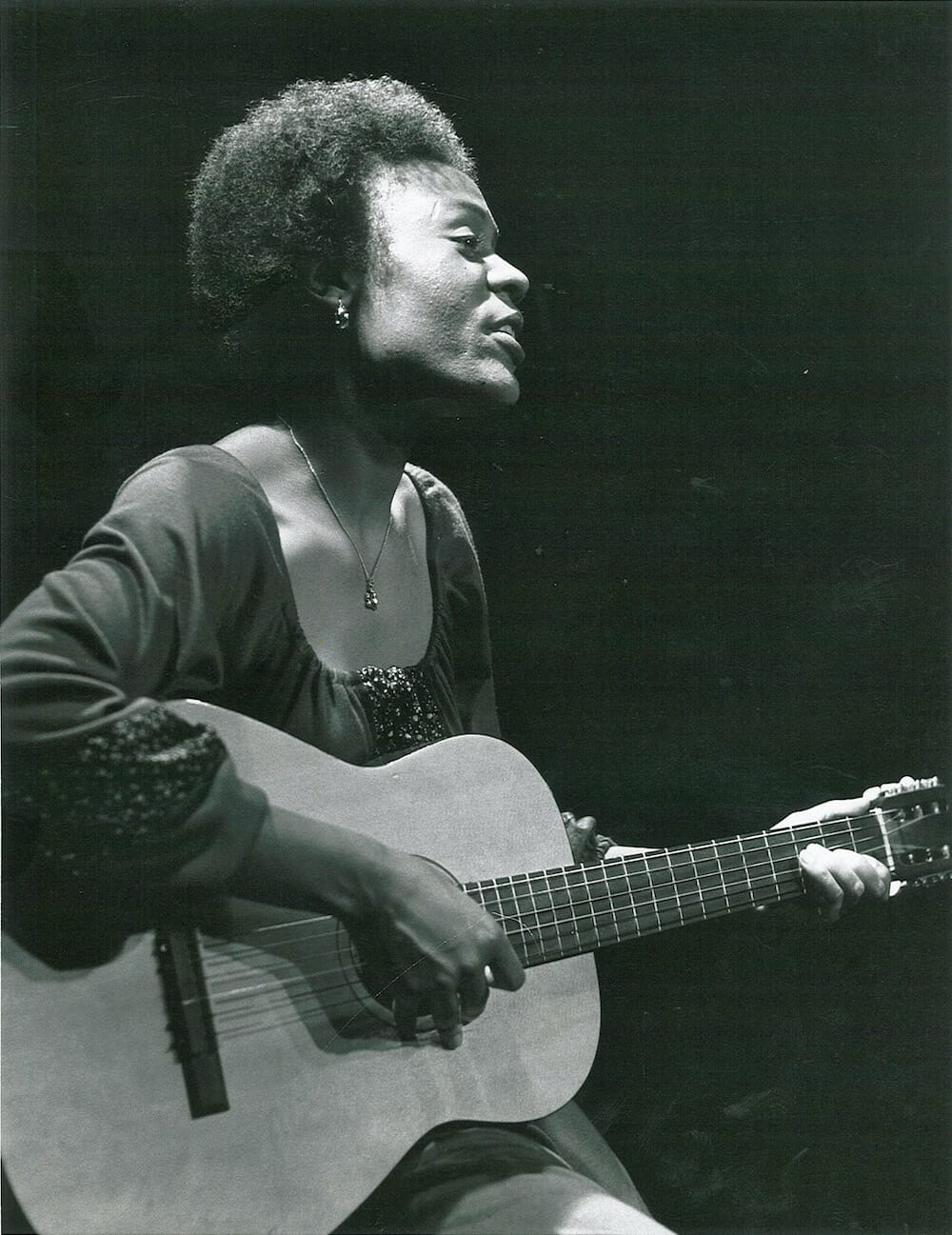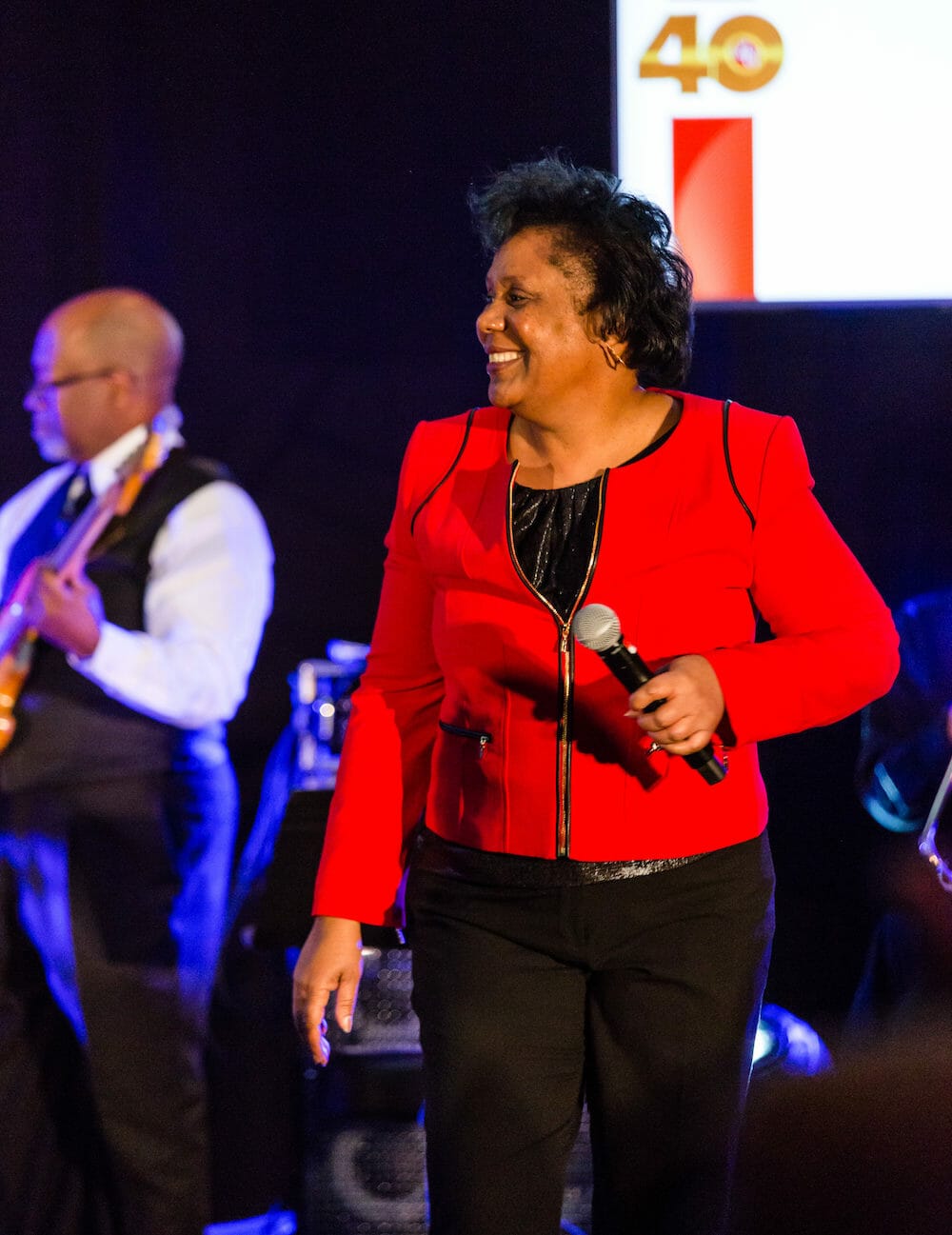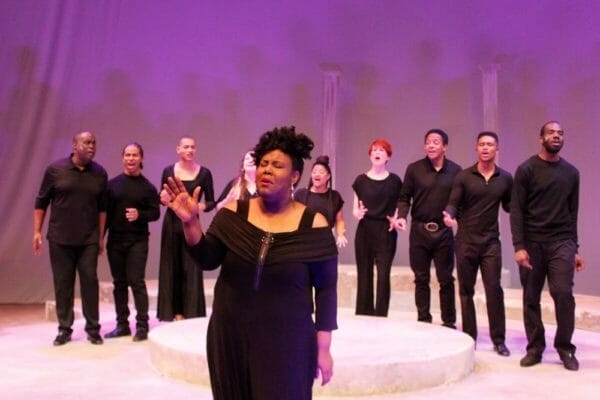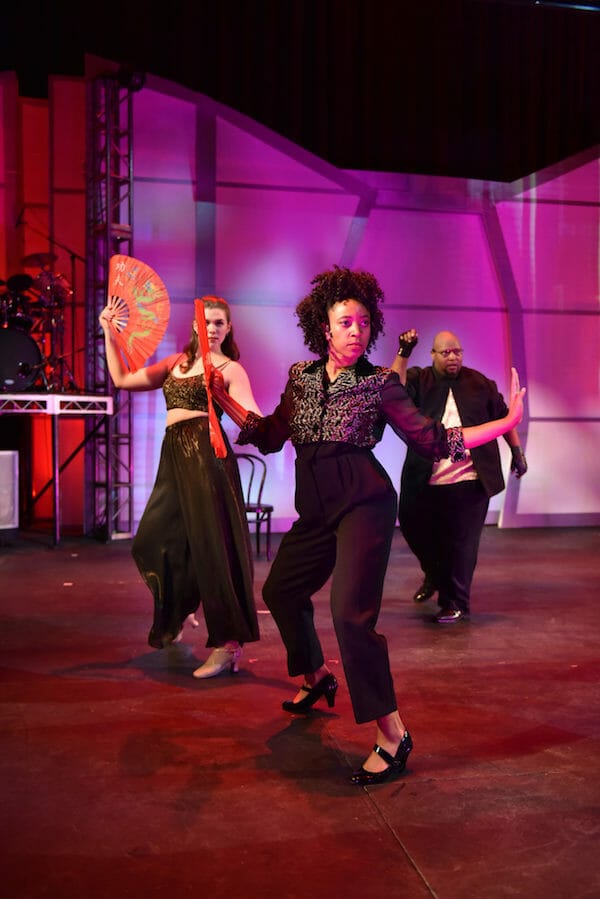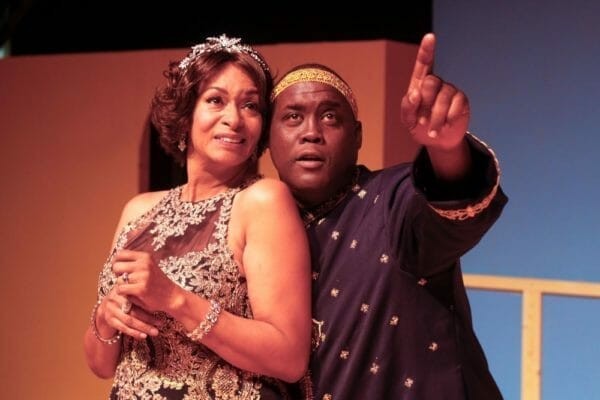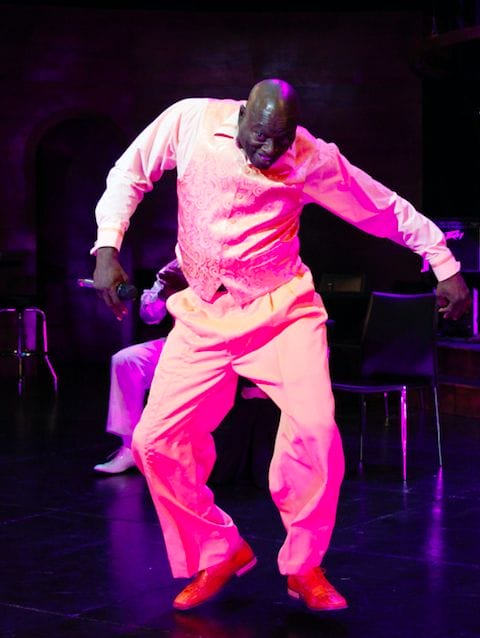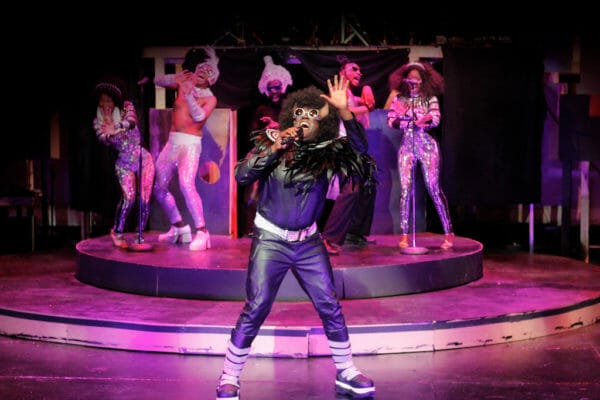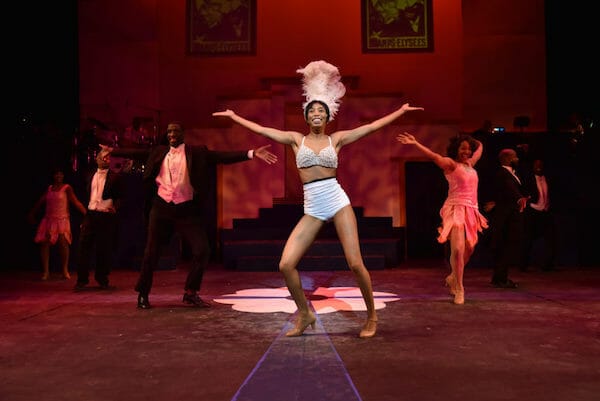Editor’s Note: Read related interviews in the George Floyd: In Memoriam roundup.
Click a picture to read a review of a past Black Ensemble Theater production.
Here, Founder and CEO of the Black Ensemble Theater, Jackie Taylor (JT) discusses the theater and her thoughts on the Black Lives Matter Movement with Picture This Post (PTP). Jackie Taylor founded Black Ensemble Theater with the mission statement to eradicate racism and its damaging effects upon our society through the utilization of theater arts.
In the aftermath of George Floyd’s murder, she hopes to see more action such as the reversal of racist practices and laws, in addition to more awareness of systemic racism.
(PTP) Please tell our readers about your personal and professional background and how it led to your starting Black Ensemble Theater?
(JT) I was always interested in theater. As a very young child at the age of three, I would go into my closet and act out characters. When I learned to write – I would write in script form – theater was something that was always in me for as long as I can remember. As an actress, in 1976 I had made my first film, which was Cooley High. That propelled me into the film industry.
However, the types of roles that they wanted me to play were extremely racist, insulting, and ignorant, to say the least. I decided to take a stand and not take the parts. I would watch the negative images of Black people on television and wonder why we were being portrayed in such a negative way.
There was a very early production that had to be performed in a Black school and everyone in the script was White except me. The director wanted me to play the villain and I refused. And he didn’t understand why. I knew that what we see is what we perceive, and there was no way I was going to give that very racist message to those little Black children.
I wanted to do something about the racism and anti-woman experiences that I had encountered. I decided to start a theater with the mission to eradicate racism.
When did you begin planning Black Ensemble Theater, and how did building its standout theater space unfold?
I started the Black Ensemble Theater in 1976. I learned as I went along what I needed to do to build a professional Black Theater company. My biggest supporters at the time were Irv and Essie Kupcinet, Carl Stone, Sidney Poitier, and a few other names that people might or might not remember.
The architects for the theater were Morris and company. I wanted an architect who had strong experience in designing theaters and John Morris is among the best. Dionne Warwick was the interior Designer, and Pepper Construction built the building. I wanted the theater to be intimate and inviting. I wanted the energy of the building to be visible on the outside. It took many meetings, discussions, and strong board support. With the help of the City of Chicago, and the State of Illinois and many, many foundations, corporations, and individuals we built a wonderful space that will be enjoyed by many generations.
Comedy, musical talents, dance- how do you think of each of these elements as you weave together a script with anti-racism impact?
They have to be embedded in every script, even in the most difficult of stories because we need that release. Music already crosses cultural boundaries and binds us together. Dance is also a binder and sets the tone while enhancing the story. These are trademarks of the Black Ensemble Theater wrapped in the arms of Excellence. The productions at the Black Ensemble Theater are for every race, creed, color, age, sexual orientation, and religious orientation. It doesn’t matter what the audience knows or doesn’t know. The plays are fresh, inventive and always give a new perspective. No matter the knowledge or lack of knowledge – they are written to be informative, educational, transformative, and uplifting.
Do you think that Floyd’s murder is creating change in America (Chicago) that will impact your theater’s ability to tell the stories it wants to tell and teach the lessons it wants to teach?
We have always told the stories that we want to tell, and we have always taught the lessons we wanted to teach. If Mr. Floyd’s murder has made a change, I think it would be in the awareness and the acceptance that America is built on systematic racism and we must put an end to it. I think it has helped people to stop running from the truth and to deal with the reality of the sickness that breeds in this country. Systemic racism has impacted every aspect of American life. In every area that you can imagine in Chicago and the world.
As a theater maker and theater artistic director, what do you feel is your role and ability to contribute to the Black Lives Matter movement?
Art exposes our common humanity and propels us toward human connectedness, understanding, and acceptance. When we participate in theater, we can learn and understand our commonalities while respecting our differences. I think as a person, I have the responsibility to contribute to the Black Lives Matter Movement. To actively denounce any activity, law, or rule that is unjust and unfair to mankind. It is my responsibility as a person to call out injustice any time that I witness it and to do whatever I can do to create and participate in an equitable world.

